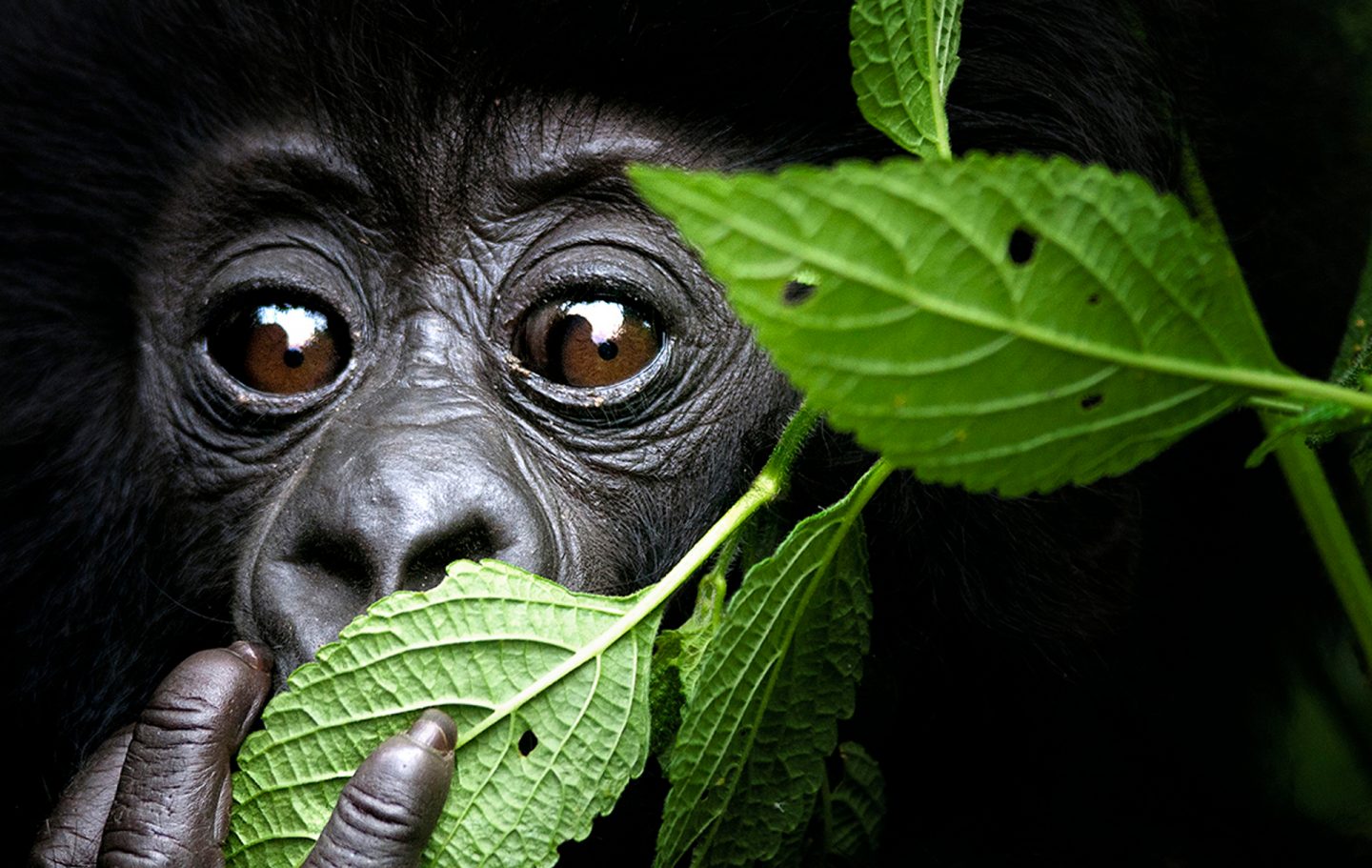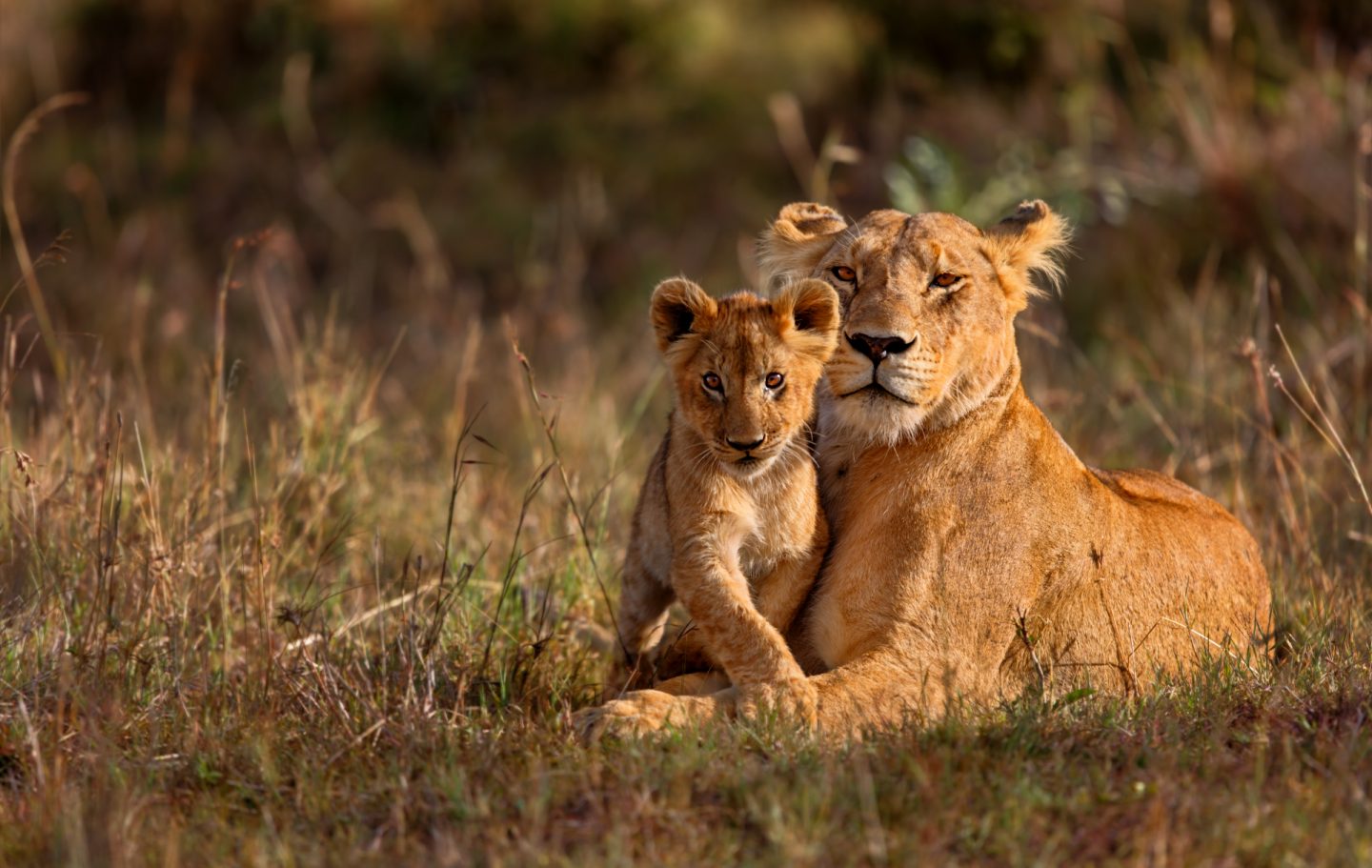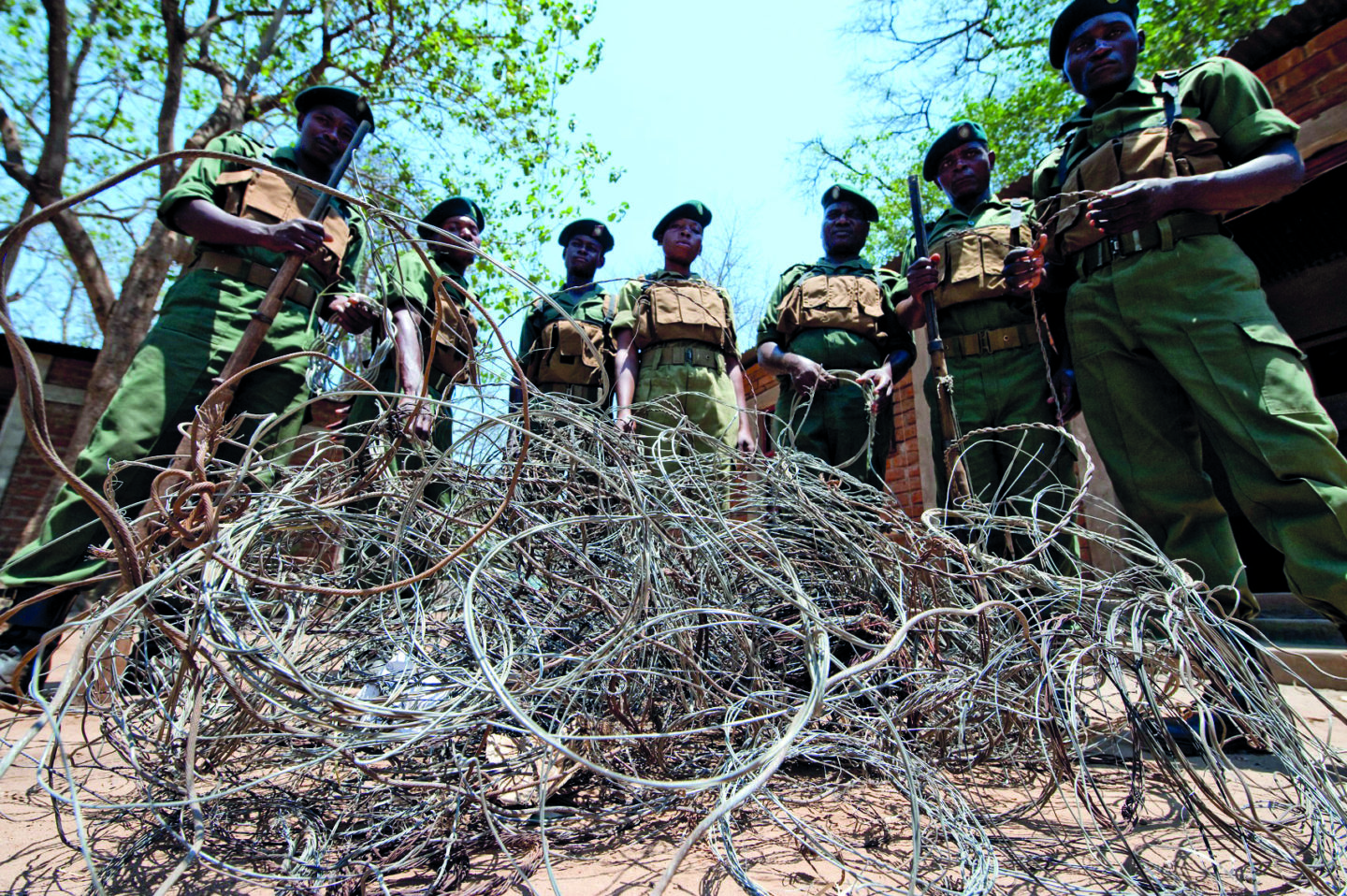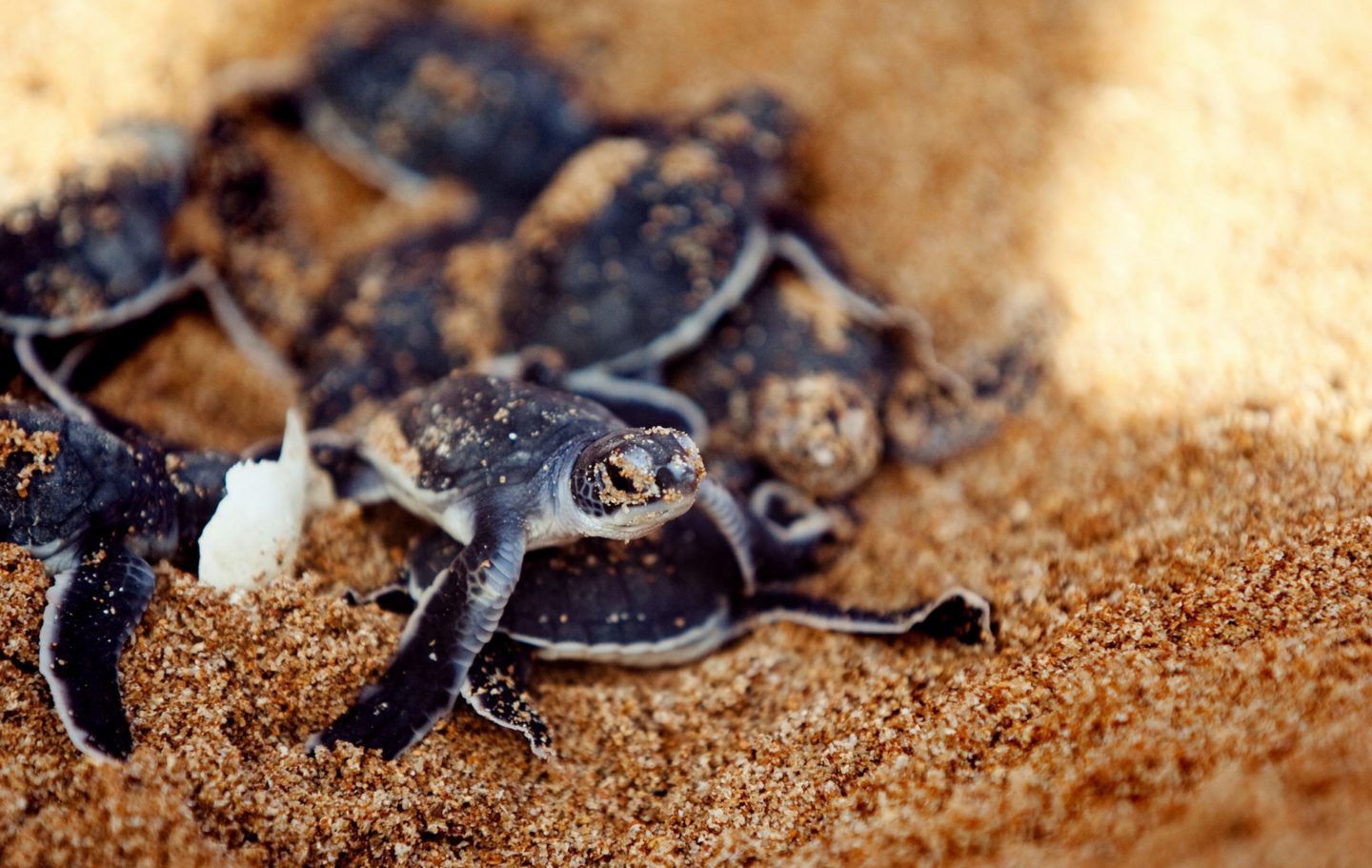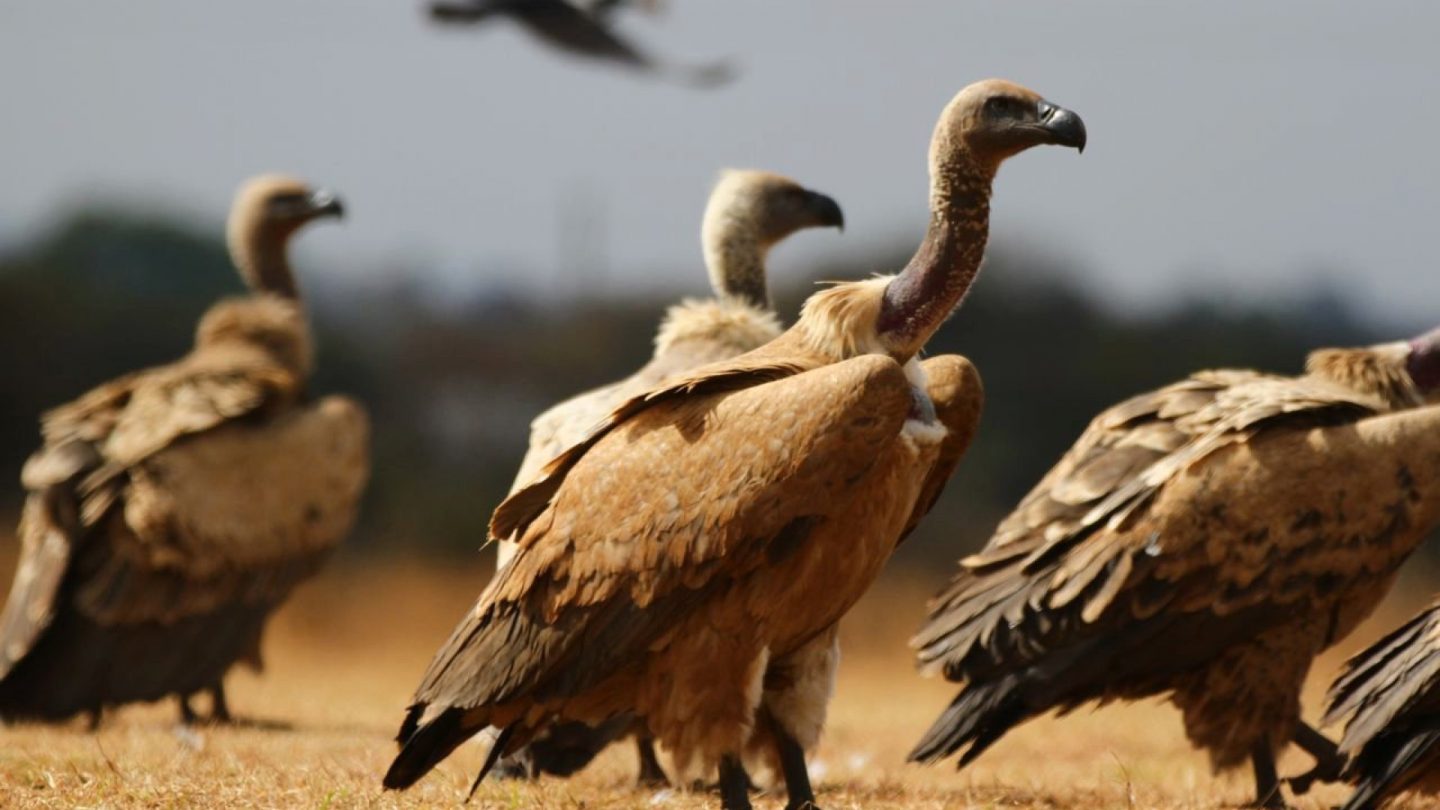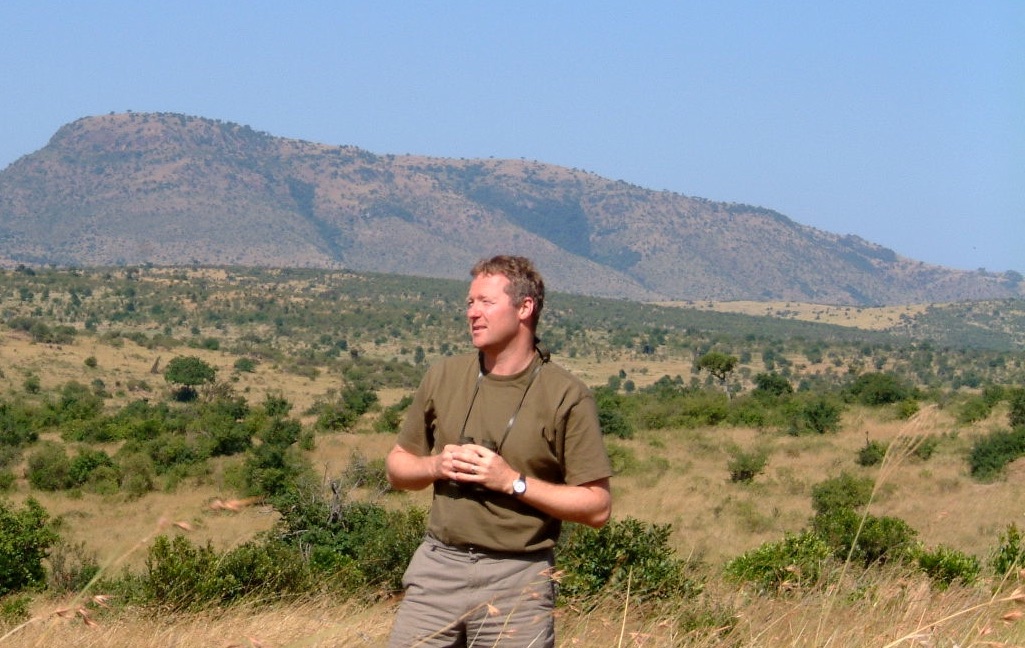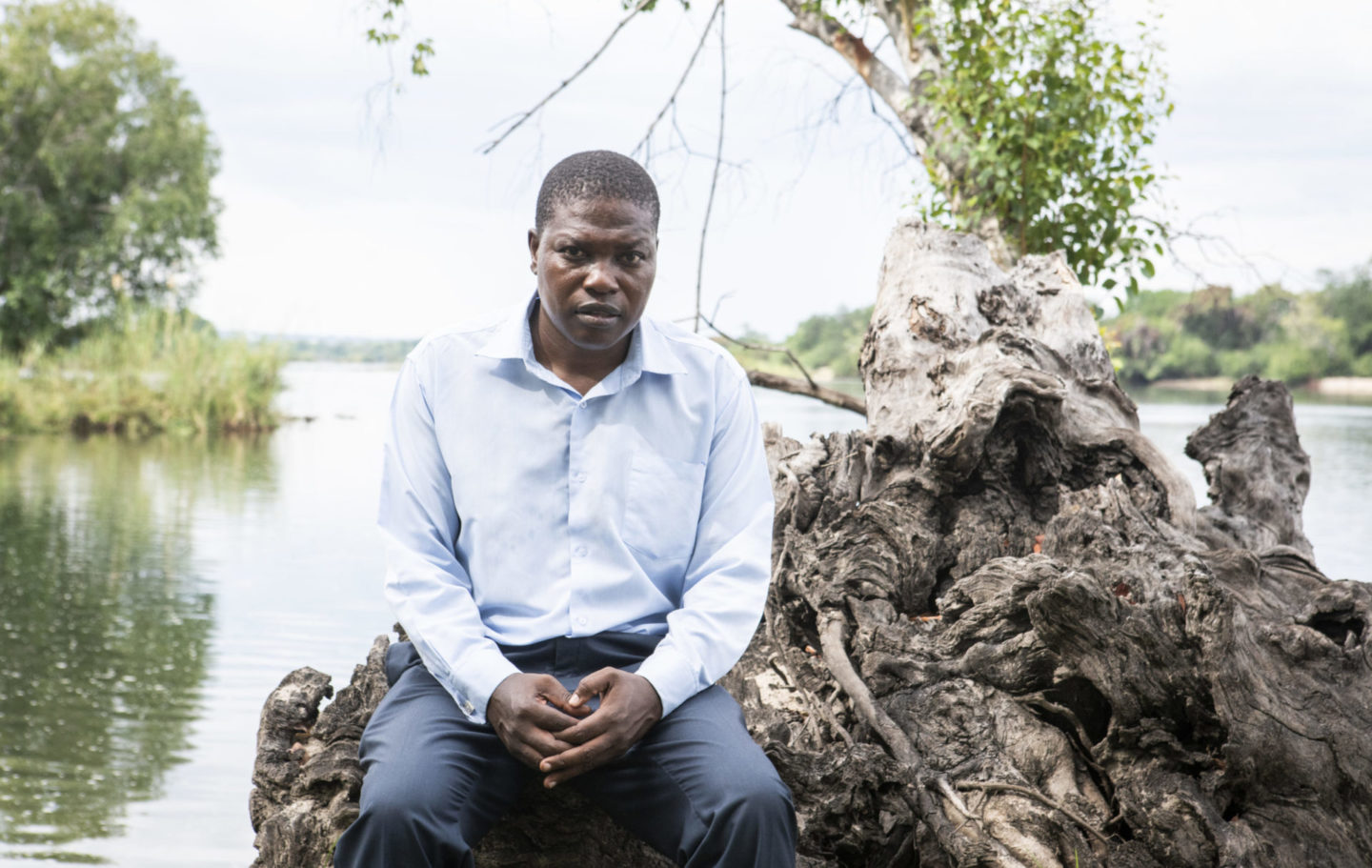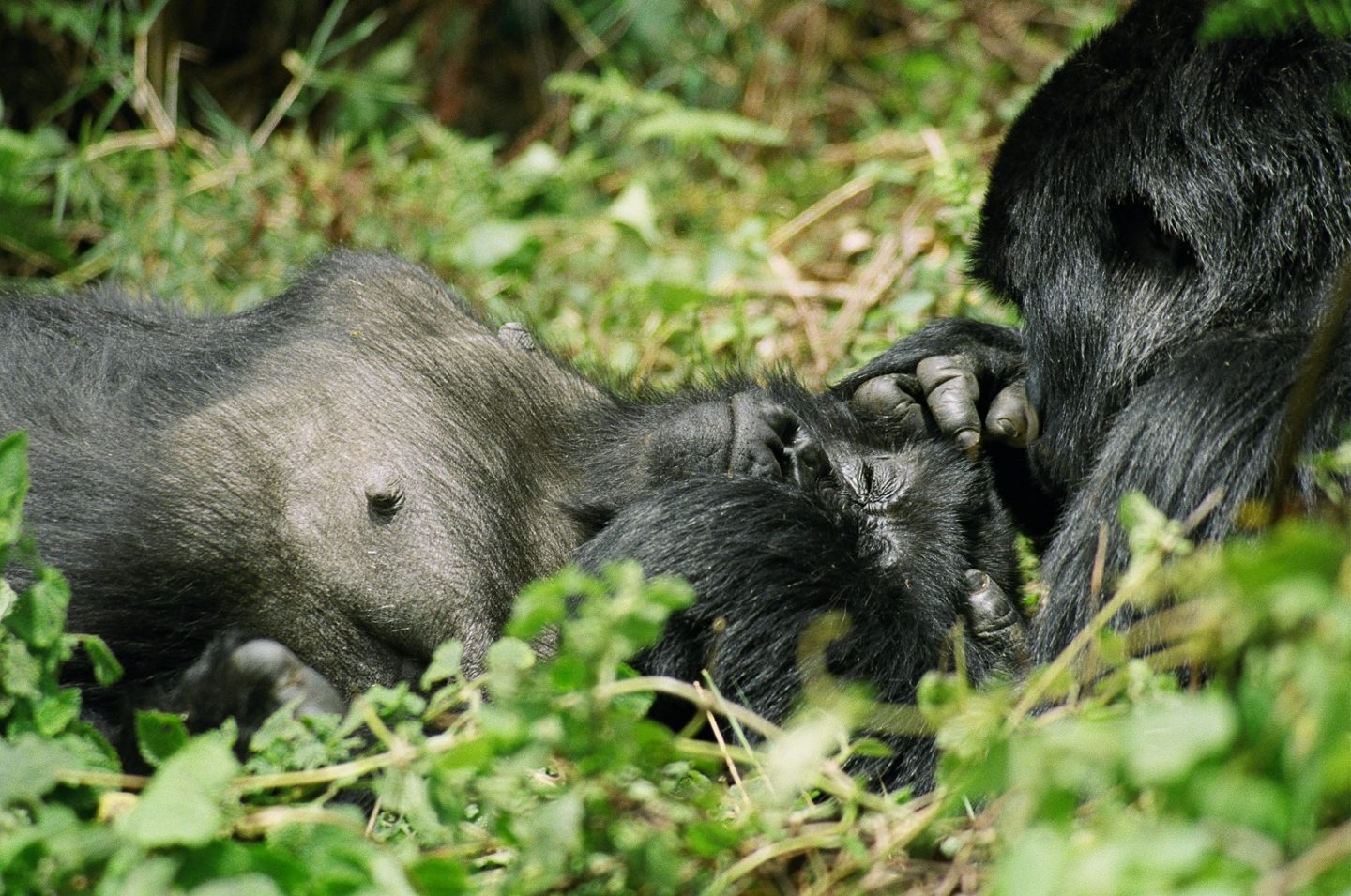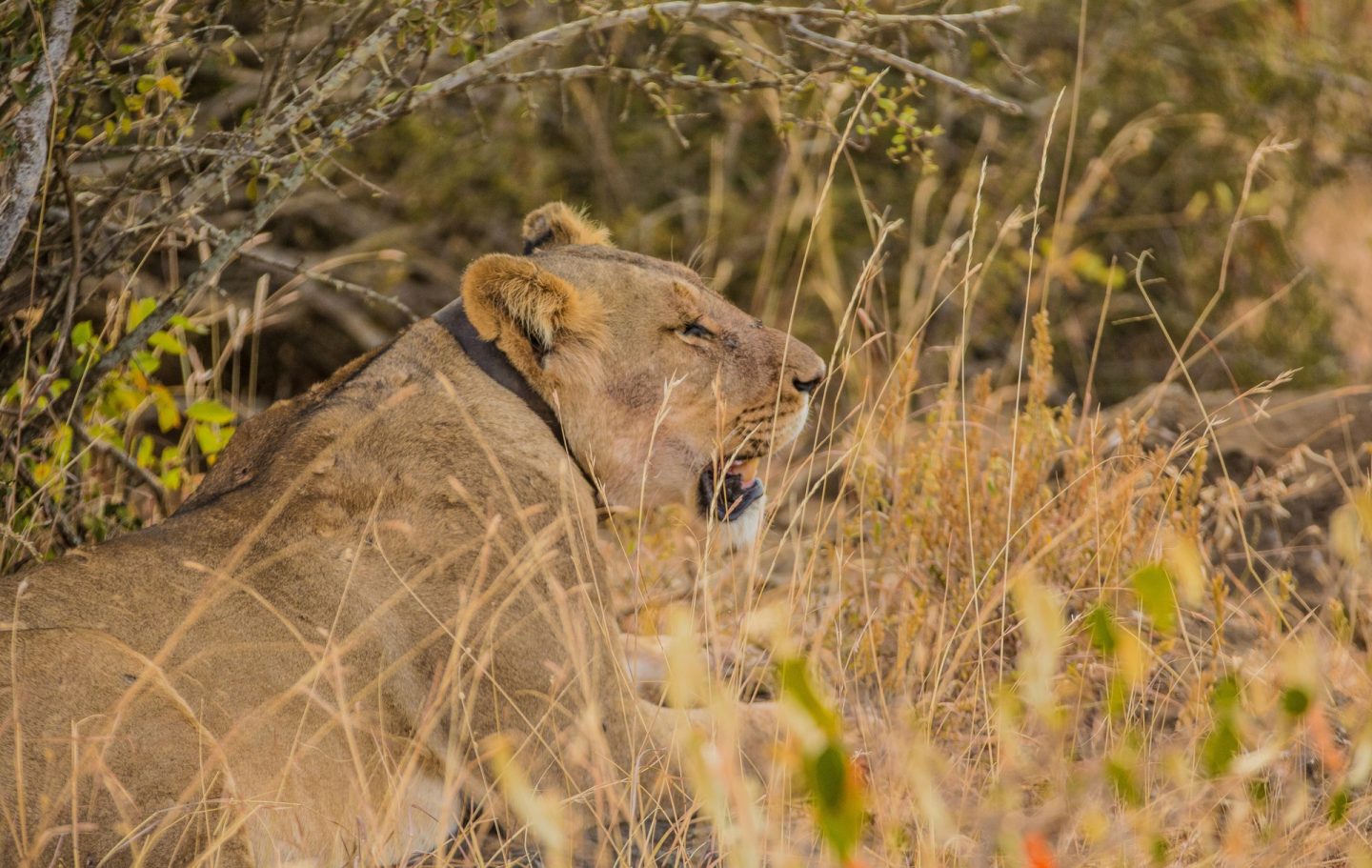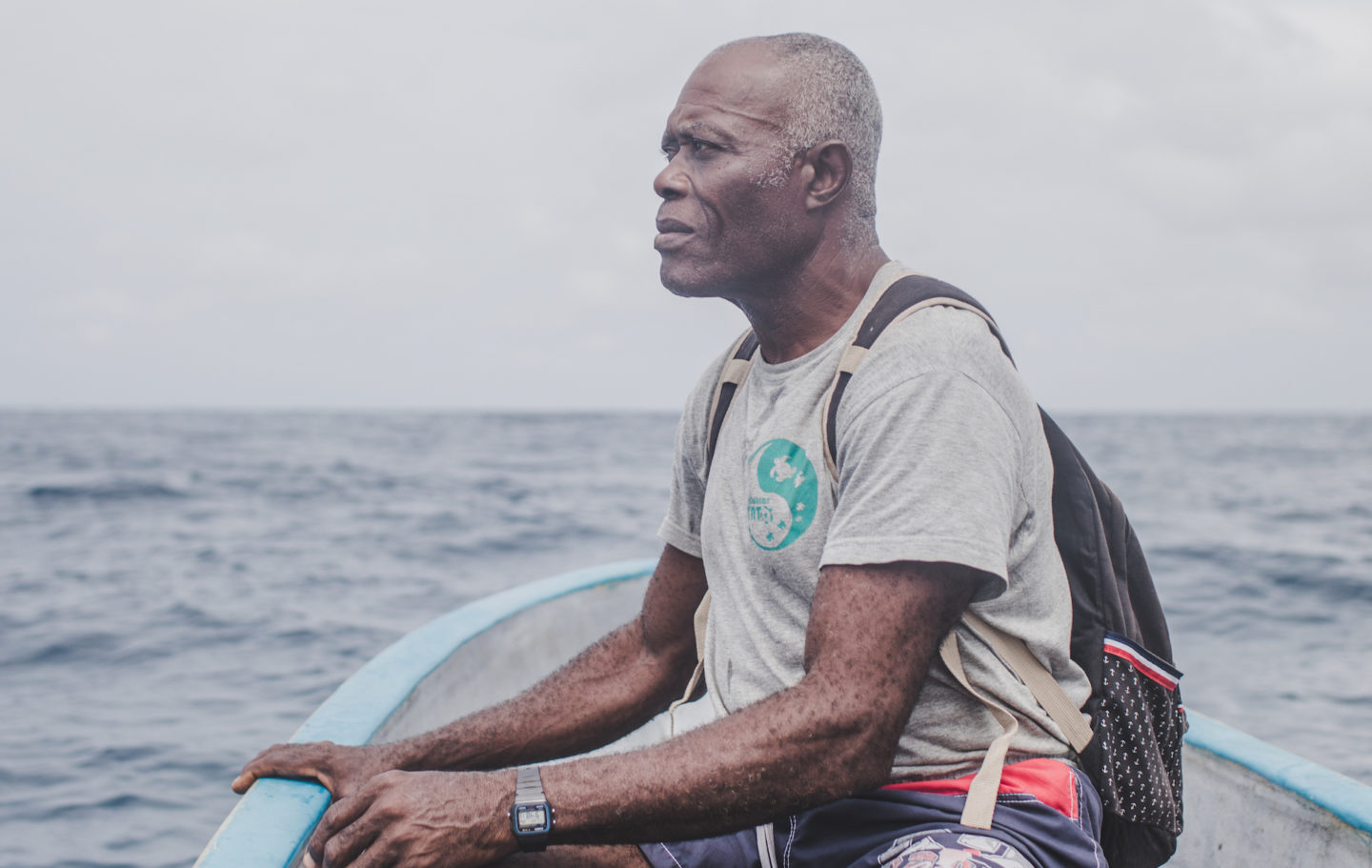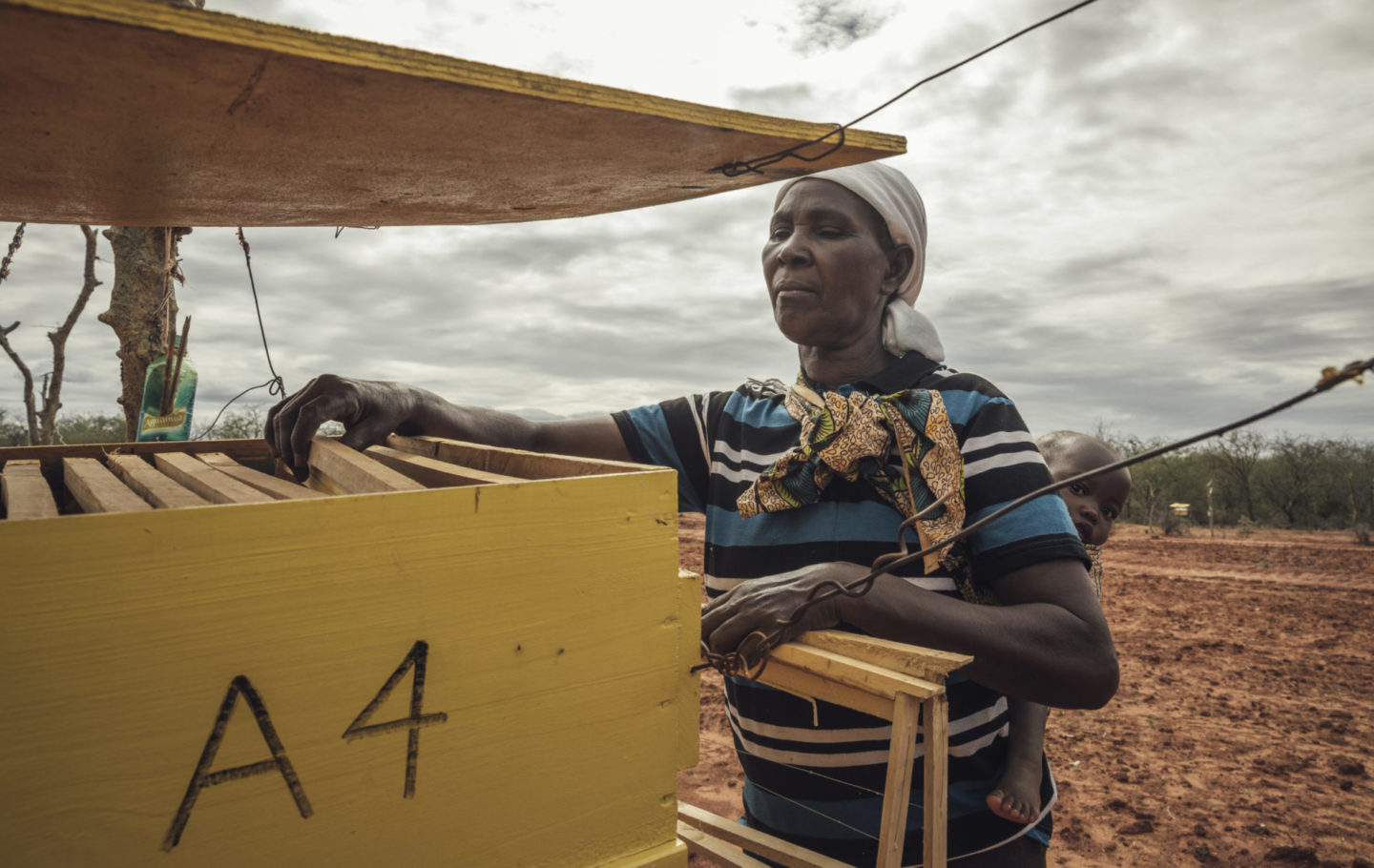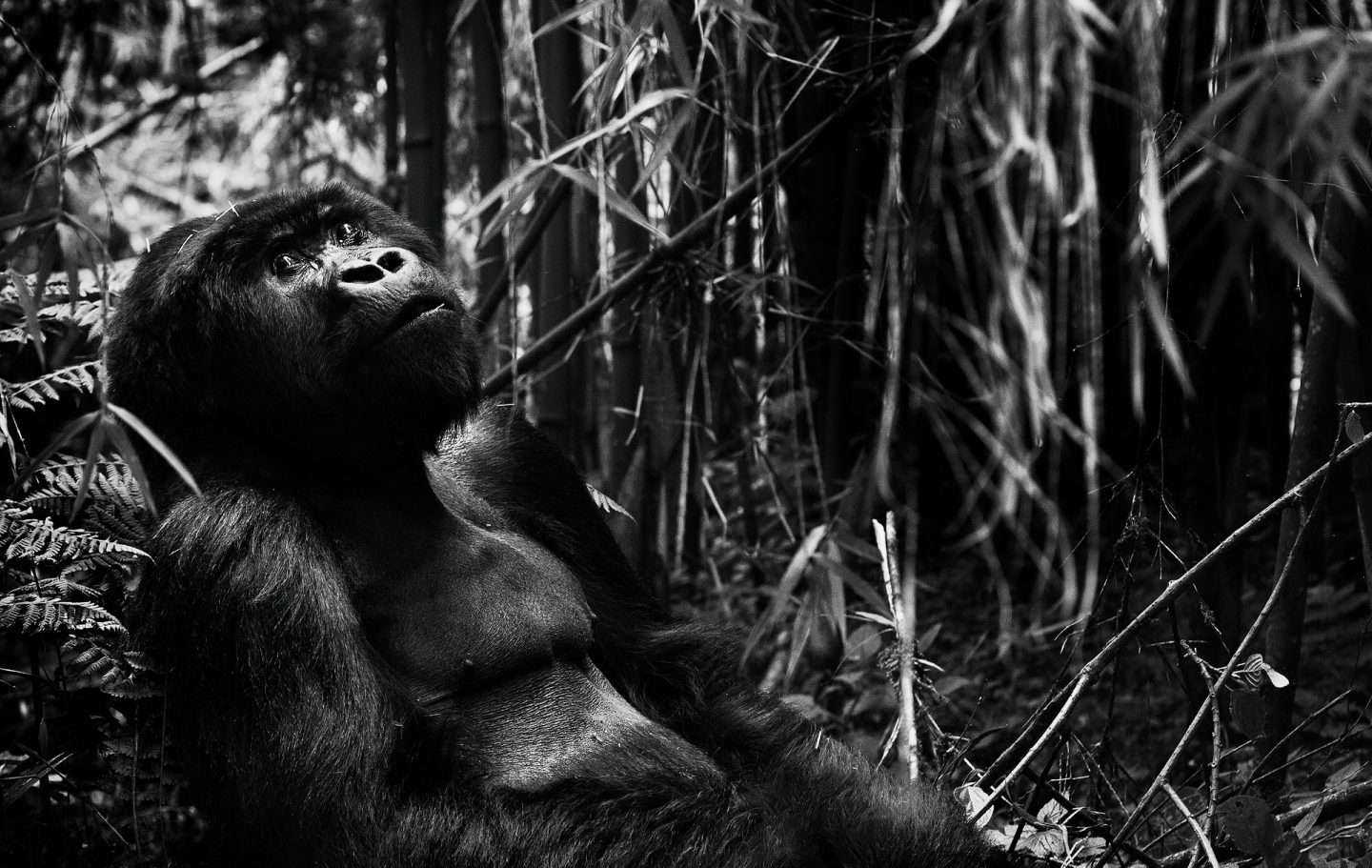
The Times Christmas appeal makes a final push to top £3m charity donations
A record £2.85 million has been donated so far by readers and philanthropists to The Times and The Sunday Times Christmas Appeal to support charities working to tackle challenges made more acute by the Covid-19 pandemic. Readers can still donate to the appeal up to January 31, helping to push the appeal total over £3 million. By Kaya Burgess

